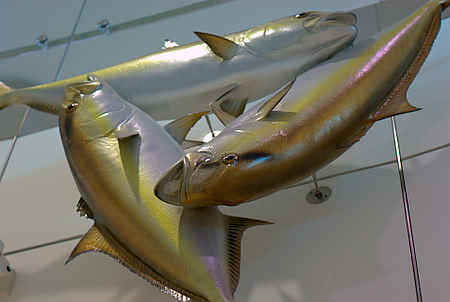This century will reconcile individuality with community. We will find the vision and the means to achieve kinds of community that becomes possible only after complete liberation of the individual from any but self-imposed obligation. Post-individuation communities will be dynamic networks of voyagers bound to one another by sovereign commitment to shared images of good. This will happen most rapidly and beneficially if the ground from which it springs is understood.
James Bennett offers an important contribution to such understanding in an article published in The National Interest, Winter 2004/05, drawing attention to the work of Alan Macfarlane. Bennett writes:
… Over the past thirty years an intellectual revolution has been taking place in historical sociology …
[Alan] Macfarlane and his associates have demonstrated very convincingly that English society back to Anglo-Saxon days has been characterized by individual rather than familial landholding; by voluntary contract relationships rather than by inherited status; and by nuclear rather than extended families. Individuals were free of parental authority from age 21 on, and daughters could not be denied their choice of husband (unlike on the Continent). The English nobility, regularly churned by elevation of commoners and marriage of younger sons to non-titled families, tended to mix freely with the rest of society, rather than being a separate caste, again as on the Continent. Rather than the English Reformation being the event that caused this change, it seems to have been (for the majority of the population) the event that brought formal theology and church government more in line with the pre-existing customs of the country. So the English “peasant” the Hollywood is fond of depicting turns out to be the figment of a 19th-century Marxist’s imagination.
Macfarlane’s body of work represents a momentous intellectual revolution. The implications of this revolution have not yet been fully realized, or even generally understood. It suggests that modernity and its consequences came particularly easy for the already-individualistic English.
[ef glyph 180] The Making and Riddle of the Modern World & other contents of Alan Macfarlane’s website, including ebooks on Yukichi Fukuzawa, F.W. Maitland, Baron de Montesquieu, Alexis de Tocqueville, and Thomas Malthus — provided as a gift from Alan Macfarlane. Thanks Alan!
Alan Macfarlane’s website
